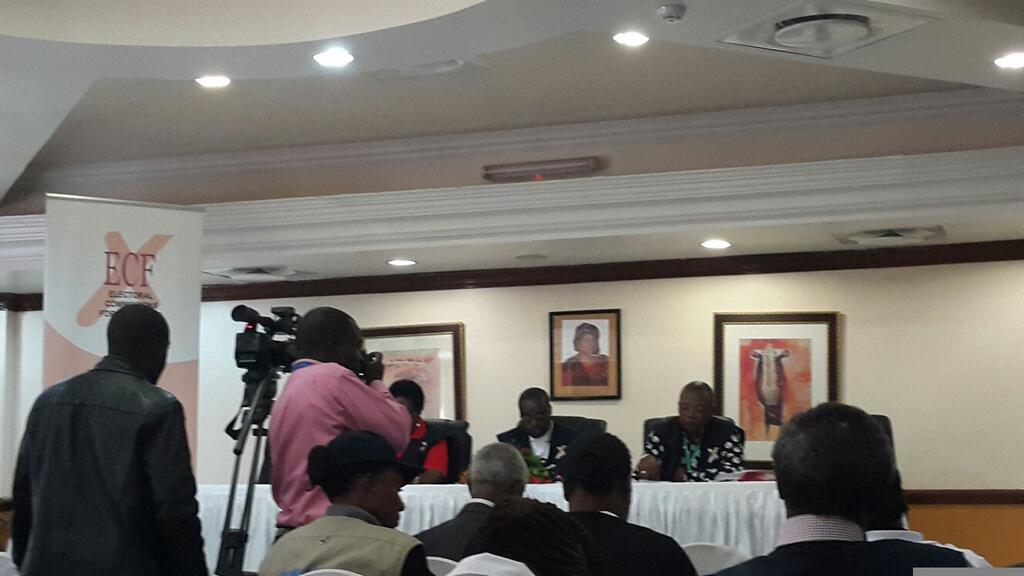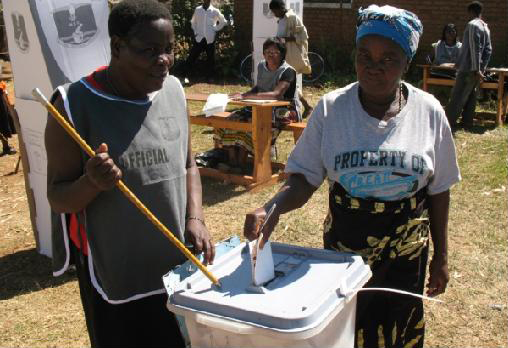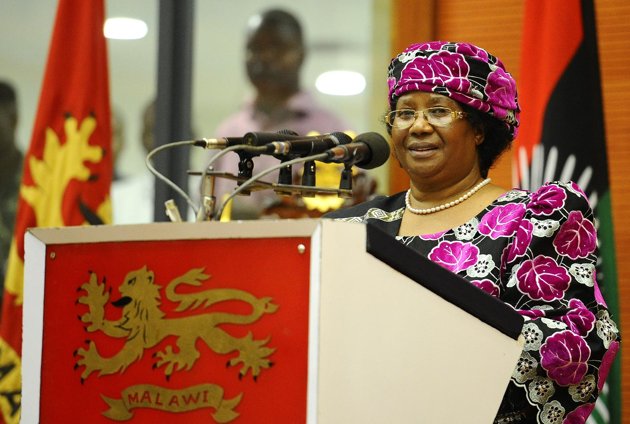MALAWIANS SUCCEDED TO VOTE DESPITE CONSIDERABLE
ORGANISATIONAL SHORTCOMINGSBlantyre, 22 May 2014. –The European Union Election Observation Mission (EU EOM) considered that
notwithstanding considerable organisational shortcomings and a few isolated incidents of unrest, in
particular in Blantyre, calm prevailed on 20 May tripartite elections. Lack of essential material resulted
in delays in the opening of polling stations. However, the commitment of polling station staff
facilitated the voting process, along with the implementation of ad hoc solutions, made in agreement
with political party representatives, to address problems caused by the lack of material. “Despite some
logistical deficiencies, we observed a general improvement of the voting process as election day
proceeded. I have to congratulate the polling staff members for their dedication amidst a challenging
environment and the Malawian voters, who waited patiently on the queues for the voting to start”,
Véronique De Keyser Chief Observer of the European Union Election Observation Mission said.
Despite the weaknesses in the election administration’s structural capacity and the resulting
organisational shortcomings, the EU EOM considered that MEC acted impartially throughout the
election period and MEC sought inclusive solutions in an effort to enfranchise all voters. In the lead
up to the elections, MEC initiated a communication strategy aimed at keeping the public and political
parties informed about the situation.
After observing 144 election campaigns, the EU EOM assessed the election campaign as largely calm
and peaceful. Only the four main political parties – the PP, DPP, UDF and MCP – succeeded in holding
large rallies and country-wide whistle-stop tours. During campaign, some media provided unbalanced
coverage of political activities. The PP dominated the airtime on both state-owned radio and
television. Galaxy radio allocated more airtime to DPP and Joy radio provided more coverage to UDF.
Times TV afforded more airtime to the MCP. The Daily Times, The Nation and radio stations Zodiak
and Capital FM provided adequately balanced coverage of political actors.
The EU EOM will remain in country until 15 June to observe the tabulation of results and the
complaints and appeals mechanisms related to elections. A final report including a comprehensive
assessment of all aspects of the electoral process and recommendations for future elections will be
released several weeks later.
***
BREAKING NEWS
- Man gets his manh00d mysteriously elongated to knee-level after he allegedly romped with a married woman
- She Is Courageous|| Video goes viral online as mom delivers baby by herself while riding in the car to the hospital (Watch)
- Beautiful woman openly seeks ‘baby daddy,’ says she can’t be a wife due to her bad character (READ)
- 2 Killed in Tragic Bus and SUV Collision After Hitting Donkey on Beitbridge Highway
- S3xually Weak Husband Refuses To Divorce S3xually Hyper Wife in Zambia
- CFTC warns Malawians of online festive promotions
- Court acquits four police officers in Buleya Lule’s murder
- Ambulance Driver Fined K400,000 for Reckless Driving, Causing Fatal Accident in Zomba
- Man Dies After Falling Off Zambia Army Truck
- Malaysia approves new search for missing flight MH370




